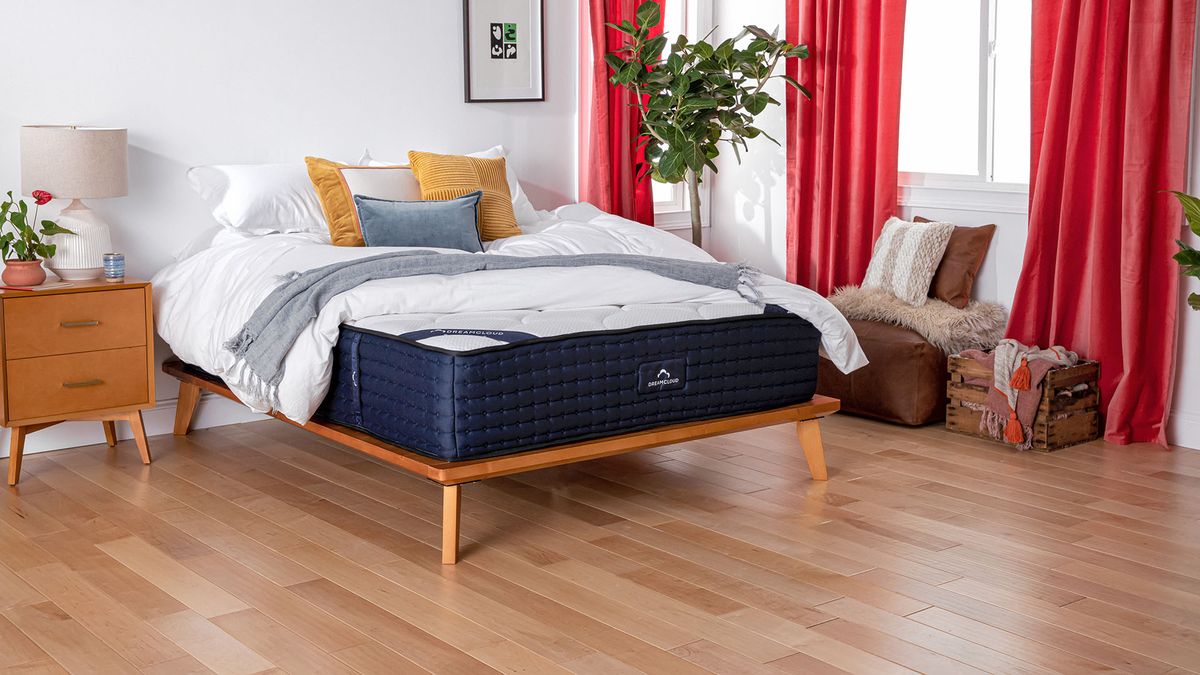The Lenovo Legion Glasses: A Comprehensive Review
Lenovo has released its first pair of augmented reality (AR) glasses, making an impressive entry into the market with a product that excels in both design and functionality. The Legion Glasses have a sleek and black design, resembling regular sunglasses, but with built-in lenses that add a bit of bulkiness to the frames. Additionally, the glasses offer optional lenses that can be custom-made to accommodate prescription lenses. Unfortunately, these extra lenses come at an additional cost, which may deter potential buyers who are already shelling out over $300 for the glasses. Nevertheless, the modified nose guard allows for the user to wear their own glasses underneath, offering a workaround for those who prefer not to spend on prescription lenses.
Lenovo had warned of compatibility issues with certain glasses, and it did take me some effort to find the right fit for my pair of glasses. However, once adjusted correctly, the glasses stayed in place rather well, despite the rather clunky appearance. For those concerned with aesthetics, investing in prescription lenses may be worth the splurge for a more seamless look.
Compared to other AR glasses on the market, such as the Xreal Air AR and Rokid Max AR, the Legion Glasses offer a simpler yet effective method of use. Their build quality is undeniably premium, with a sturdy and lightweight structure, featuring glass lenses and a durable frame. Furthermore, the glasses come with spare nose guards and anti-slip adapters, ensuring longevity and extended use.
On the functionality front, the Legion Glasses deliver as promised. They work seamlessly with a variety of devices, particularly those with USB Type-C ports, such as smartphones, gaming laptops, and gaming PCs. Despite being marketed to work with Android, iOS, and Windows, the glasses surprisingly also function well with the Steam Deck. The only downside is the limitation to Type-C connectivity, although this can be justified considering its compatibility with various devices.
Although the picture quality and brightness are impressive, some blurring around the edges of the lenses may obscure the user interface, particularly if the glasses are not fitted correctly. However, once adjusted, the visuals are exceptional. Additionally, the built-in speakers provide crisp and clear sound, making it suitable for gaming, music, and streaming without sacrificing audio quality.
A noteworthy point about the Lenovo Legion Glasses is its impact on users who may be more sensitive to AR and VR technologies. Unlike similar experiences, prolonged use of the Legion Glasses does not appear to cause any sensitivity issues, making for a more comfortable user experience.
Price and Availability:
– Price: Starting at $329.99 / £329 / AU$599
– Availability: Currently available in the US, UK, and Australia
As for the price, it is undoubtedly on the higher side, but compared to its counterparts, the Legion Glasses are relatively more affordable. Given that potential users are likely prepared to make a significant investment for AR glasses, the price tag should not pose a significant obstacle. Moreover, the glasses are available for shipping not only in the US but also in the UK and Australia, making them accessible to a wider demographic.
The Lenovo Legion Glasses have the following specifications:
– Display: Micro-OLED, 60Hz refresh rate
– Audio: High-fidelity built-in speakers
– Connection type: USB-C 3.2 with DP 1.2
– Dimensions: 155 x 79 x 50mm
– Weight: 96g / 3.39oz
A comprehensive rating for the Legion Glasses:
– Value: 4.5 / 5
– Design: 4 / 5
– Performance: 4 / 5
In conclusion, the Lenovo Legion Glasses offer a well-rounded option for those seeking AR glasses. The product holds great potential, with a reasonable price point and a variety of features that set it apart from competitors. If you are in the market for smart glasses, the Lenovo Legion Glasses deserve serious consideration. Whether for productivity or entertainment, these glasses promise a seamless experience across different devices. Thus, it comes as no surprise that Lenovo’s venture into AR glasses has left an indelible mark.




